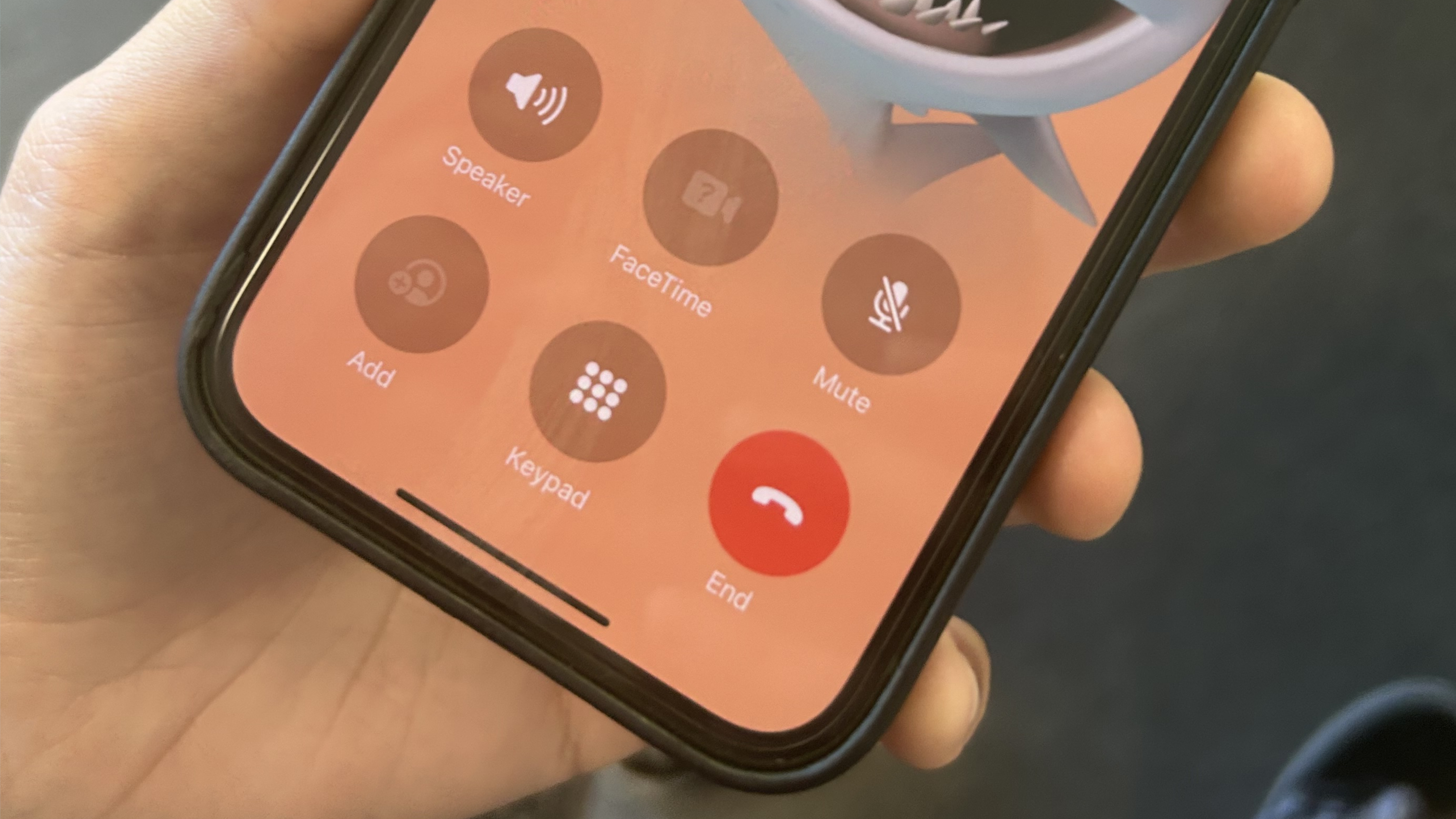Your iPhone ringtones have an award-winning secret
Two iPhone ringtones were created a famous Grammy Award-winning musician and producer


Quick Summary
Grammy Award-winning musician and producer Flying Lotus has revealed that he wrote two of the ringtones on your iPhone: Chalet and Daybreak.
If you've got an iPhone, you may have been enjoying music secretly written by an award-winning musician and producer. Although Apple hasn't previously publicised it, two of the ringtones in current iPhones were created by Flying Lotus.
The ringtones in question are Chalet and Daybreak, and they've been in iOS since iOS 13 came out in 2019. But Apple has only just revealed the identity of their composer, via the Twenty Thousand Hertz podcast. That led Flying Lotus, aka Flylo or Steven Ellison, to take to the former Twitter and post: "Apple leaked it so I can say it. I wrote some ringtones that have been in ur iPhone since ios13. 'Daybreak' + 'Chalet'".
If you haven't yet heard them – neither ringtone is the default in any iOS version – head along to Settings > Sounds & Haptics > Ringtones.
Apple leaked it so I can say it. I wrote some ringtones that have been in ur iPhone since ios13. ‘Daybreak’ +‘Chalet’ https://t.co/HHReqvxUgfAugust 21, 2024
Why Apple paid for tones on your phones
This isn't the first time Apple has commissioned a prolific musician to create ringtones for its devices. Over ten years ago, Apple hired electronica artist Adam Young, better known as Owl City, to create multiple ringtones for iOS 7. Night Owl in particular is very reminiscent of hits like Owl City's Fireflies, which topped the Billboard Hot 100 and became a global hit.
Apple invested in ringtones because for a long time, they were really important to phone users.
It seems odd now, but in the early 2000s ringtones were a huge business – so much so that in scenes reminiscent of Aliens vs Predator the rock band Coldplay was beaten to the UK number one by Crazy Frog, the deliberately annoying earworm ringtone. Ringtone firms brought in hundreds of millions of pounds from selling ringtones at £3.50 per pop and the industry was valued at between $2.5 and $3.5 billion globally in 2003.
It didn't last, partly because ringtones cost over three times more than actual songs, partly because hardly anyone other than scammers makes phone calls any more, and largely because as we spend ever more time on our phones, we don't need ringtones to alert us of incoming calls: we're already staring at our screens or plugged into an ecosystem of devices like the Apple Watch and Mac that can alert us silently when somebody calls. And that's a shame for artists such as Flying Lotus, I think, because what unites all musicians is that they want people to hear what they create.
Get all the latest news, reviews, deals and buying guides on gorgeous tech, home and active products from the T3 experts
Writer, musician and broadcaster Carrie Marshall has been covering technology since 1998 and is particularly interested in how tech can help us live our best lives. Her CV is a who’s who of magazines, newspapers, websites and radio programmes ranging from T3, Techradar and MacFormat to the BBC, Sunday Post and People’s Friend. Carrie has written more than a dozen books, ghost-wrote two more and co-wrote seven more books and a Radio 2 documentary series; her memoir, Carrie Kills A Man, was shortlisted for the British Book Awards. When she’s not scribbling, Carrie is the singer in Glaswegian rock band Unquiet Mind (unquietmindmusic).
